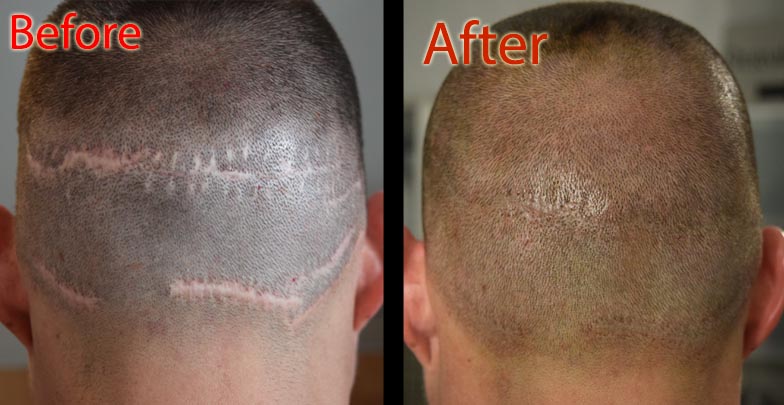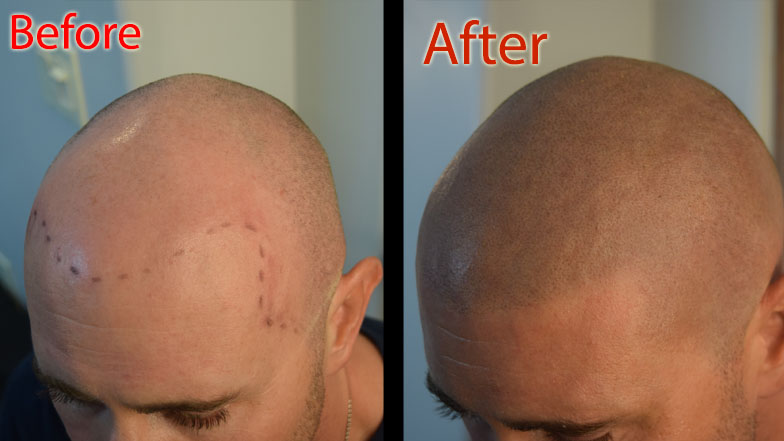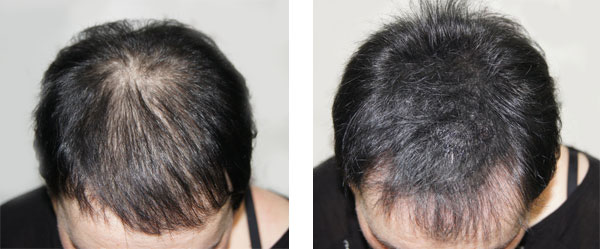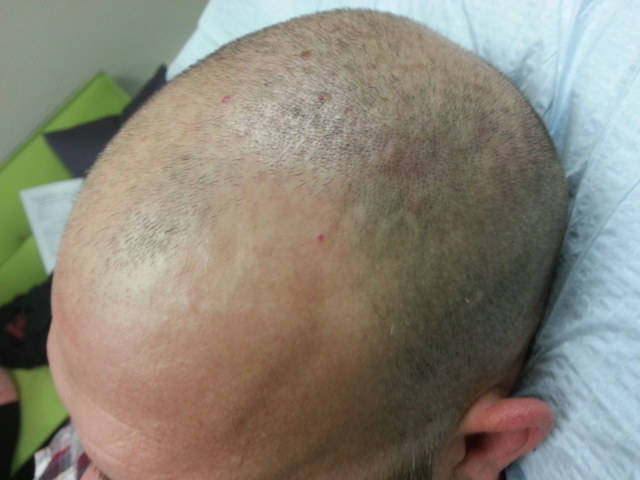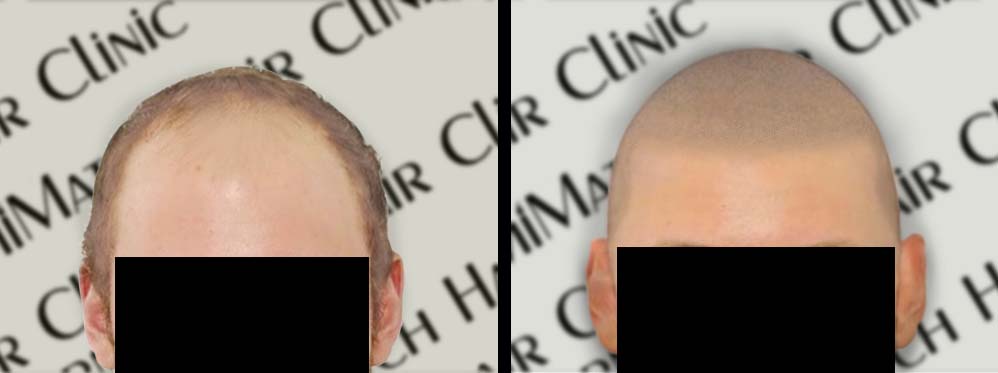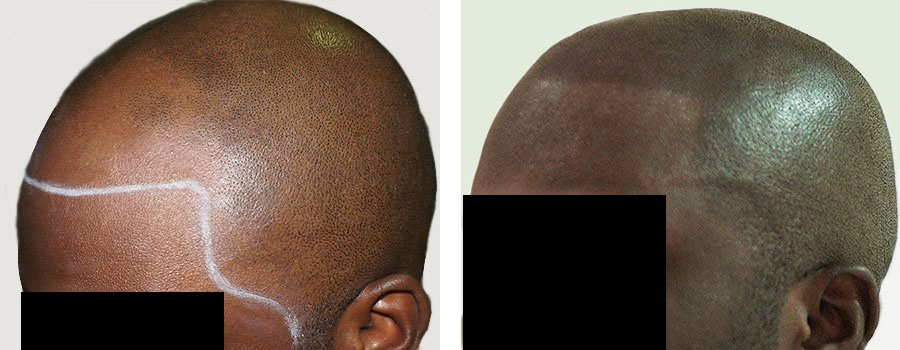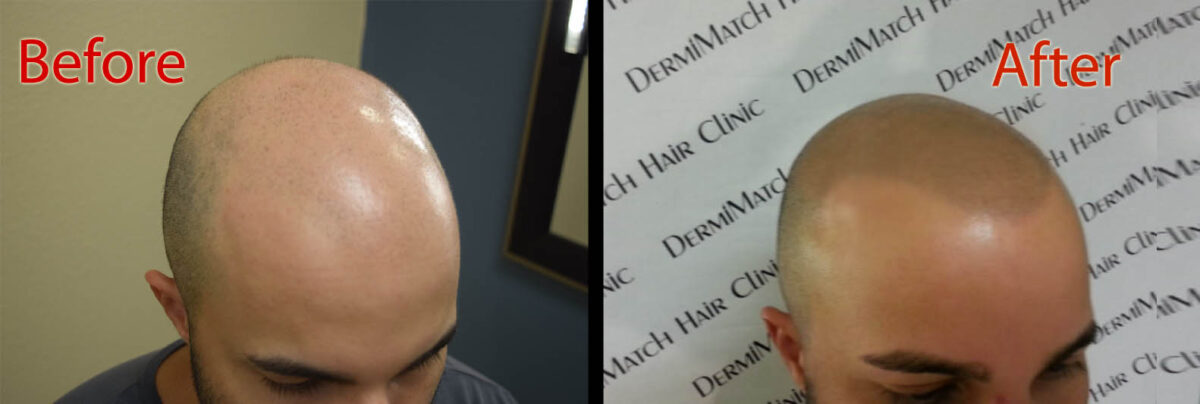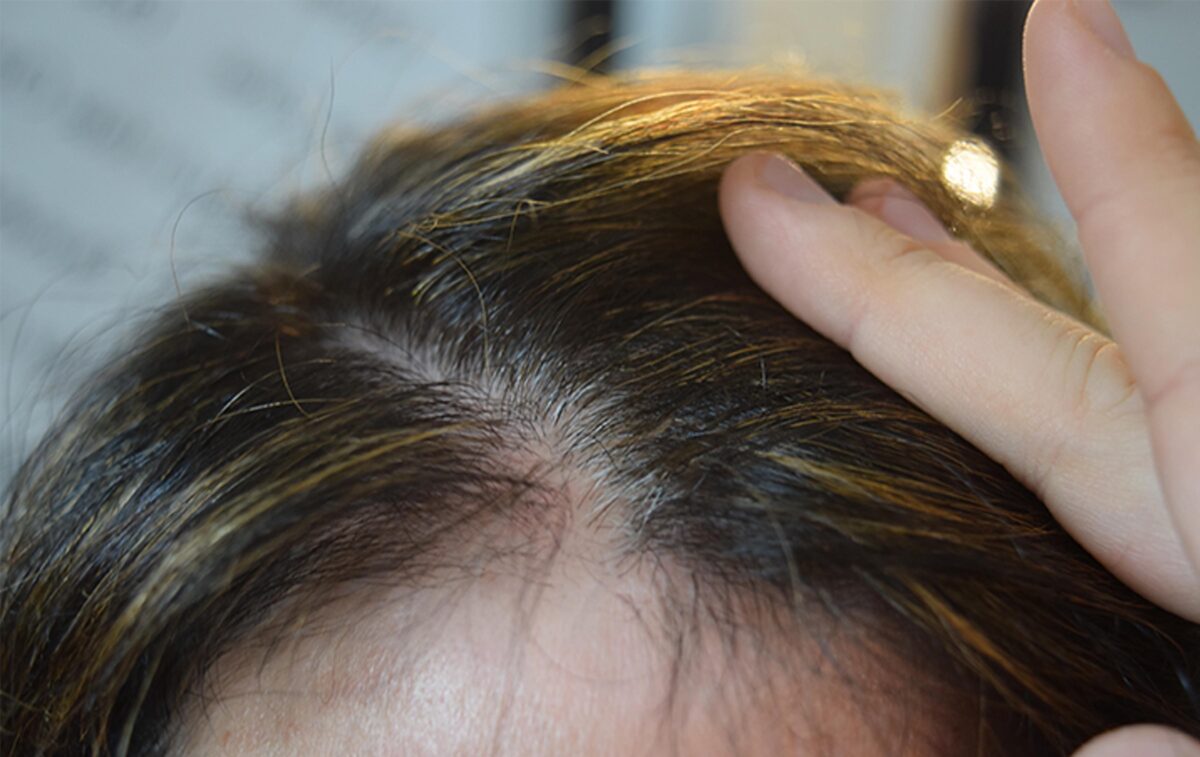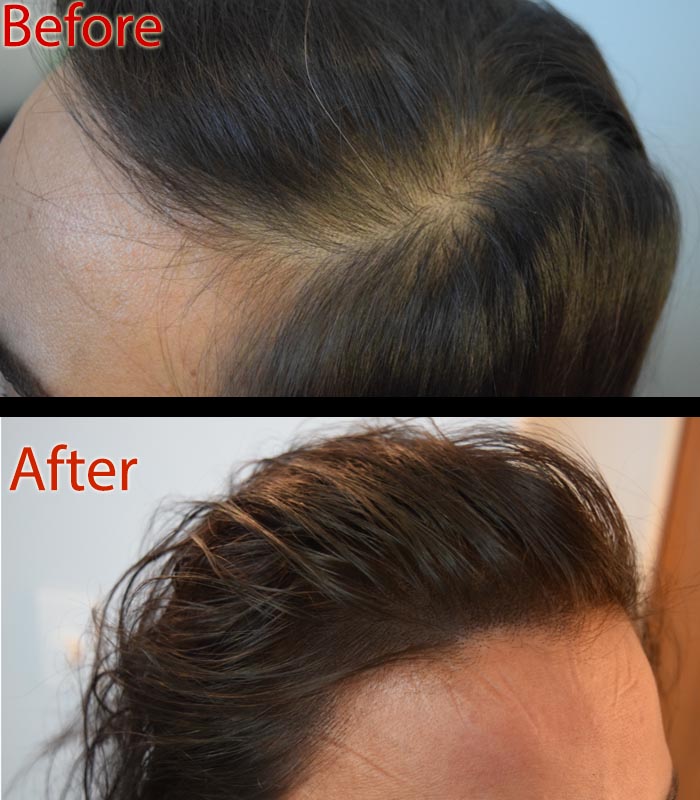Hydration is a fundamental aspect of maintaining healthy hair. It influences the appearance and vitality of hair. While many people focus on external hair care products, the importance of internal hydration for hair health cannot be overstated. Proper hydration not only nourishes the hair but also supports the scalp, creating an environment conducive to robust hair growth.
Water is essential for transporting nutrients to hair follicles. When the body is adequately hydrated, it can efficiently deliver vitamins and minerals necessary for healthy hair growth. Dehydration can hinder this process, leading to weaker hair that is more prone to breakage and thinning.
How Hydration for Hair Works?
Hydrated hair is less likely to suffer from split ends and brittleness. When hair lacks moisture, it becomes dry and fragile, making it susceptible to damage from styling tools and environmental factors. Proper hydration for hair helps maintain the integrity of the hair shaft, allowing it to withstand daily wear and tear.
Well-hydrated hair tends to be shinier and more manageable. Water helps hair strands reflect light more effectively, resulting in a glossy appearance. Additionally, hydrated hair is easier to style and less prone to frizz, making it more manageable overall.
Supporting Scalp Health
A healthy scalp is fundamental for healthy hair growth. Adequate hydration helps regulate oil production on the scalp, preventing dryness, dandruff, and irritation.
A well-hydrated scalp creates an optimal environment for hair follicles to thrive, reducing the risk of issues that can lead to hair loss.
Stimulating Hair Growth
Hydration plays a direct role in stimulating hair growth. When the scalp is hydrated, blood circulation improves, allowing oxygen and nutrients to reach the follicles more efficiently. This increased blood flow can promote stronger and faster hair growth while minimizing irritation caused by dead cells.
Tips for Maintaining Hair Hydration
To ensure that your hair remains hydrated, drink plenty of water, limit heat styling, protect hair from harsh environmental conditions, and use hair hydrating products for proper hair care.
But excessively dehydrated hair may not always benefit from hydration.
Scalp Micropigmentation as an Alternative Solution
For individuals experiencing significant hair loss or thinning due to dehydration or other factors, scalp micropigmentation (SMP) is an alternative solution. This non-invasive procedure provides immediate cosmetic improvement. SMP creates an illusion of fuller hair without requiring extensive treatment.
But the success of scalp micropigmentation relies on the expertise of the practitioner performing the procedure. It is essential to choose skilled SMP practitioners who have undergone rigorous training in this specialized field. These professionals are adept at creating a seamless blend between the pigmented areas and existing hair, ensuring a natural look.
When selecting a practitioner for SMP, consider their credentials, client testimonials, and portfolio of previous work. A trained specialist will not only deliver high-quality results but also ensure safety during the procedure by adhering to hygiene protocols.
Get help from scalp experts at DermiMatch Clinic now. They are skilled SMP professionals in Arizona with a proven track record of working with various hair and scalp conditions.
Set up a consultation now!

